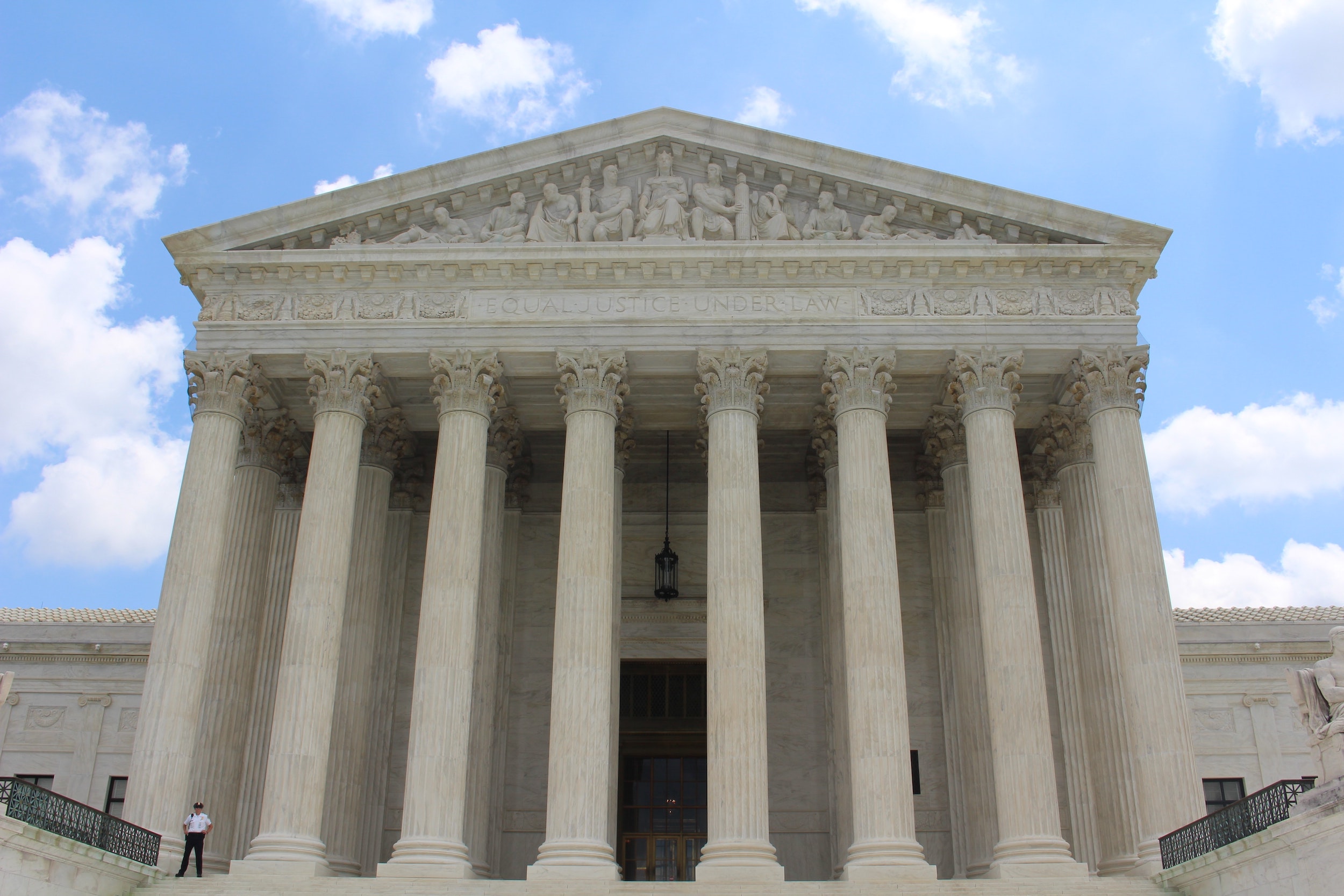I was a 21-year-old college junior in 1973 when Roe v. Wade became law. Coming of age with access to safe and legal reproductive health care, including birth control and abortion, shaped my life and the lives of many women of my generation. Our ability to plan our families made it possible for us to use our God-given talents and pursue lives, careers, and ambitions about which our mothers and grandmothers could not have dreamed.
In 1976, three years after Roe became law, the General Convention of the Episcopal Church reaffirmed its 1967 support for “abortion law reform” with a resolution about abortion that committed our church to “unequivocal opposition to any legislation on the part of the national or state governments which would abridge or deny the right of individuals to reach informed decisions in this matter and to act upon them.” Our church has regularly updated and refined its understanding of abortion and reproductive health care in the years since then; most recently, in 2018, General Convention Resolution D032 committed us to “call for women’s reproductive health and reproductive health procedures to be treated as all other medical procedures, and not singled out or omitted by or because of gender.” Today we understand that transgender and nonbinary people who do not identify as women can also become pregnant, and so we call for reproductive health care for all people.
And yet, for half a century, the promise of equal access to reproductive health care has never been fully realized. For nearly my entire adult life, Christian extremists have fought to restrict access to abortion with invasive laws, demeaning patient requirements, and clinic regulations that go far beyond what is required for patient safety. As is so often the case, poor people, people of color, and LGBTQ+ people have paid the price disproportionately for these thinly veiled efforts to exercise theocratic control over a decision that should only ever be made by a pregnant person in consultation with their doctor and their conscience.
Now, these extremists are on the verge of making good on a half-century of threats. Last night, we learned through a leaked draft of a majority opinion in the case of Dobbs v. Jackson Women’s Health Organization, drafted by Justice Samuel Alito, that the Supreme Court intends to overturn Roe v. Wade this spring. When that happens, people living in the 26 states poised to outlaw abortion will be forced to travel to other states or other countries to find legal, safe abortion care. Those without the ability to travel will too often be returned to the unthinkable, nightmarish days of illegal, unsafe abortions that destroyed the lives of far too many women in the generations before mine. Given the sweeping nature of the legal argument in the opinion, some legal scholars say that it could even be a precursor to outlawing abortion nationally.
The cause for alarm goes far beyond abortion. The draft opinion argues that rights not explicitly enumerated in the Constitution are protected only if they are “deeply rooted” in American history. This history, as we know, was significantly shaped by all-white, all-male electorates that chose all-white, all-male executives, legislatures and judges. Justice Alito’s uncritical embrace of this history is profoundly troubling, especially because the logic of his argument can be employed by far right extremists eager to restrict access to contraception, recriminalize same-sex sexual relationships, and overturn the Supreme Court’s decision guaranteeing marriage equality.
As Episcopalians, we have a particular obligation to stand against Christians who seek to destroy our multicultural democracy and recast the United States as an idol to the cruel and distorted Christianity they advocate. In 2018, our General Convention declared that “equitable access to women’s health care, including women’s reproductive health care, is an integral part of a woman’s struggle to assert her dignity and worth as a human being.” Now—before this outrageous opinion becomes law—we must make our Christian witness to the dignity of every human being by insisting that we support the right to safe and legal reproductive health care because our faith in a compassionate God requires us to do so.
The Rev. Gay Clark Jennings was elected president of the House of Deputies by her peers at the 77th General Convention of the Episcopal Church in 2012, and was unopposed for reelection in 2015 and 2018. She is the first ordained woman to hold the position.
photo: Claire Anderson on Unsplash


